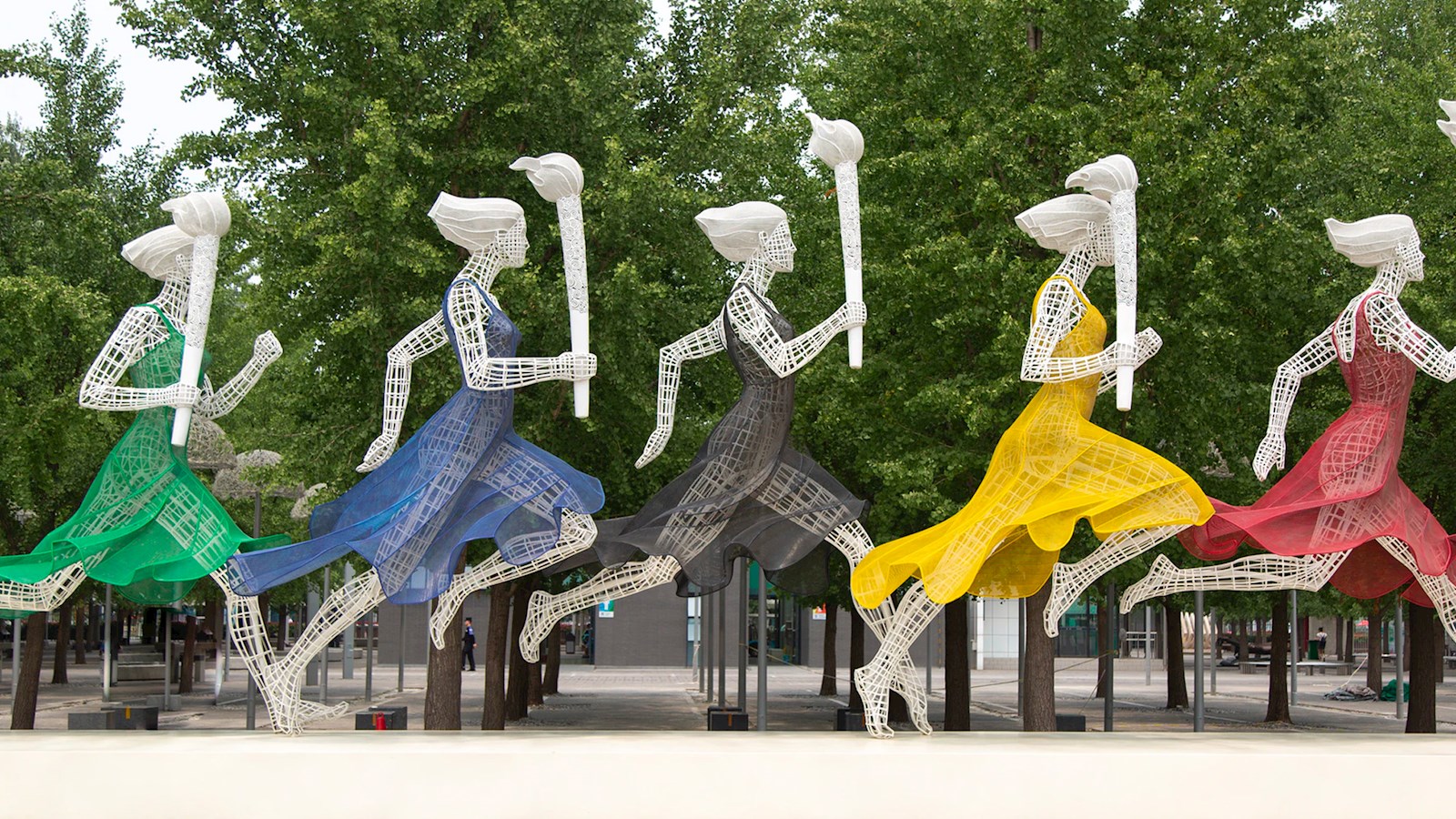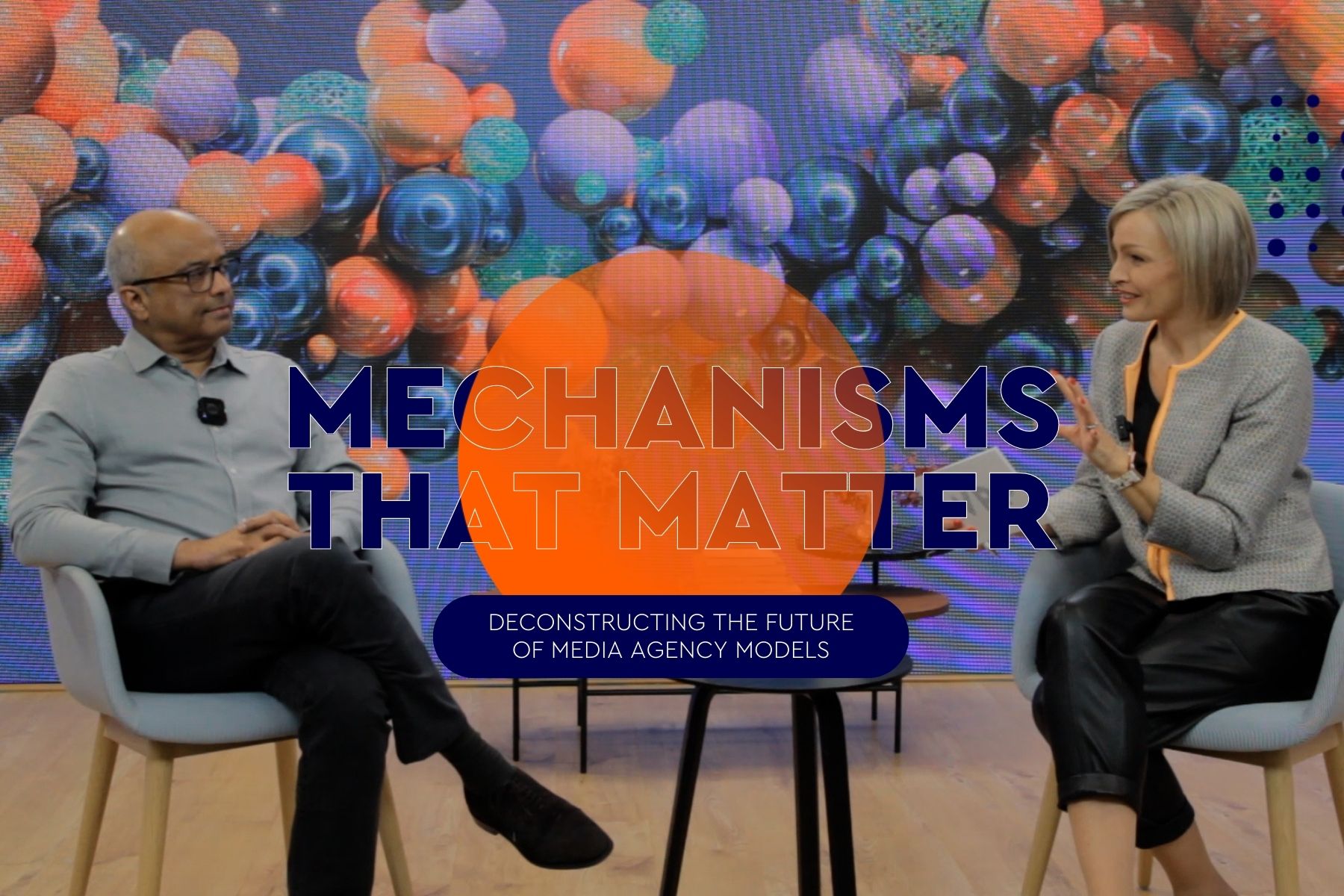
The host cities’ perspective: the impact of COVID-19 on sporting events
Insights from the global Host City Survey
The COVID-19 pandemic has taken the world by surprise and has placed all aspects of society under great strain. Cities around the world and organisations involved in the hosting of international sports events have been severely affected.
In order to understand how they have been coping with the current crisis, what they expect to happen in coming weeks and their concerns for the future, the BCW Sports Practice developed a Host City Survey.
Sent to 100 host cities around the globe, and carried out over a one-week period from 23 to 29 March 2020, the survey revealed some key insights about current sentiment regarding the future of sports events and hosting strategies.
COVID-19 is disrupting sporting event planning, but host cities expect a return to normal next year
In an eventful one-month period, countless sporting events – local, national and international – have been postponed at best, or cancelled at worst. No sporting events were spared – even the Tokyo 2020 Olympic Games and the UEFA EURO 2020 were postponed to 2021. The coronavirus outbreak has left host cities with no choice but to revise their plans.
More than 84% of host cities recognise that COVID-19 will have a serious impact on sports events planned in 2020. However, when asked about the future, 58% think that the virus outbreak will have a low impact on 2021 events. Host cities expect that things will soon get back to normal.
Financial repercussions will probably last beyond 2020
The sports events industry has largely proven to be recession-proof. Most major sports organisations weathered the economic fallout of the September 11 terrorist attacks and the financial crisis in 2008. However, the current global crisis is forcing the cancellation or postponement of sporting events in order to stop the spread of the coronavirus. And this extraordinary situation has serious financial consequences for host cities.
Indeed, 78% of host cities surveyed admit that they will suffer financial losses in 2020 due to the cancellation or postponement of sporting events in their city or region. When asked about the next two years, the results show that there is a strong likelihood that the budget allocated to hosting sports events in their city will be negatively affected.
COVID-19 is forcing host cities to rethink their sporting event strategy and to focus more on social development
Sports events have always been great platforms for achieving the broader goals of host cities. And the COVID-19 crisis can reinforce this catalytic effect. Whether it be for sports, branding, social or economic development, host cities believe that sporting events will play an important role in overcoming the crisis.
At a time when social distancing has become the new norm, sporting events seem to present the perfect opportunity to bring people back together in the future.
The new coronavirus outbreak may also force host cities to review their hosting strategy. When asked about the impact that COVID-19 may have on the type of events to be hosted, cities said that they would plan fewer international sports events and more local or national sports events.
Host cities are very active in setting up new sports activities for their population in lieu of hosting sporting events
At a time when half of the world’s population is confined to their homes (as of 1 April 2020), opportunities for sport are rather limited. Aware of the importance of an active lifestyle on people’s health – and therefore to the economy in general – many cities around the world have been innovative in finding new ways to get people involved in sport. As a matter of fact, 64% of host cities reported that they have initiated or are developing programmes to encourage their populations to continue to participate in sport from home during the confinement period.
Activities cited by host cities included: web-based training programmes, live videos on social media platforms – which have become the meeting point for sports communities and enthusiasts, or even local TV broadcasts for which local clubs provide content.
Results from this survey show that cities unanimously expect the COVID-19 crisis to have significant and immediate negative repercussions on the hosting of sports events – some even predict that the financial impact of the crisis will last beyond 2021.
Cities are unsure how this crisis will affect the general public’s future support for the hosting of sports events. However, they do recognise that in coming months and years their city may host fewer international events compared with national or local ones. This projection may reflect both the financial losses inflicted by the crisis and the time cities will need to recover, and a recovery in which host cities agree that sports will play an important role in terms of sports, social and economic development.
In these tough times, host cities are stepping up to the challenge and finding new ways of engaging with their populations through sports. Cities are engaging with people online, providing them with free and innovative ways to stay physically active.
The current pandemic is serious for the world of sports as it was sudden and unexpected. While it will undeniably have a strong impact on cities’ hosting strategies going forward, sports will learn from this challenge and will emerge stronger than before with the necessary tools in hand to confront future challenges which may come its way.
published on
15 April 2020
Category
More in Communications

Mechanisms that Matter – Inside our partnership with Audible
How do you take a huge client like Audible from 22 agencies to one thriving networked team?

Healthcare communications – diverse, dynamic & different
Communicating about health and healthcare in APAC requires a nuanced and balanced approach

Mechanisms that Matter – How India is fuelling growth for global brands
CVL Srinivas tells Anna Hickey how WPP Open is fuelling a testbed for new working models, innovation, and automation.

